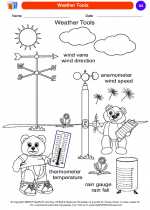Groundwater
Groundwater is the water found beneath the Earth's surface in the cracks and spaces between rocks and soil particles. It is stored in and moves slowly through the layers of soil, sand, and rocks called aquifers.
How Groundwater Forms
Groundwater is formed from precipitation that seeps into the ground. When rain falls, some of it flows over the land as surface water, and some of it infiltrates into the soil and becomes groundwater.
Importance of Groundwater
Groundwater is a vital natural resource that provides water for drinking, irrigation, and industrial purposes. It also sustains streams, rivers, and ecosystems by feeding surface water bodies during dry periods.
Ways to Access Groundwater
Wells are used to access groundwater. A well is a hole dug or drilled into the ground to access the water stored in aquifers. Hand pumps or electric pumps are then used to bring the groundwater to the surface for use.
Study Guide
- Define groundwater and explain how it is stored in the Earth.
- Describe how groundwater is formed and where it comes from.
- Explain the importance of groundwater and its various uses.
- Discuss the ways in which groundwater can be accessed for human use.
Understanding the concept of groundwater is important for understanding Earth's water cycle and the importance of preserving and protecting this valuable natural resource.
[Groundwater] Related Worksheets and Study Guides:
.◂Science Worksheets and Study Guides Kindergarten. Weather

 Coloring Worksheet
Coloring Worksheet
 Coloring Worksheet
Coloring Worksheet
 Coloring Worksheet
Coloring Worksheet
 Coloring Worksheet
Coloring Worksheet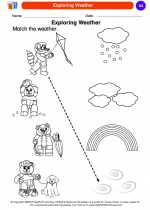
 Coloring Worksheet
Coloring Worksheet
 Coloring Worksheet
Coloring Worksheet
 Coloring Worksheet
Coloring Worksheet
 Coloring Worksheet
Coloring Worksheet
 Coloring Worksheet
Coloring Worksheet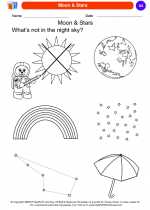
 Coloring Worksheet
Coloring Worksheet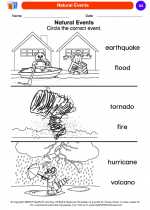
 Coloring Worksheet
Coloring Worksheet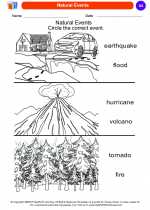
 Coloring Worksheet
Coloring Worksheet
 Coloring Worksheet
Coloring Worksheet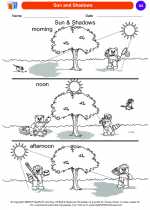
 Coloring Worksheet
Coloring Worksheet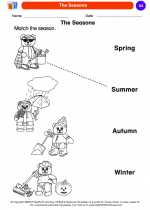
 Coloring Worksheet
Coloring Worksheet
 Coloring Worksheet
Coloring Worksheet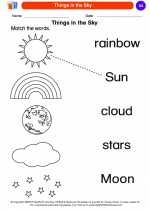
 Coloring Worksheet
Coloring Worksheet
 Coloring Worksheet
Coloring Worksheet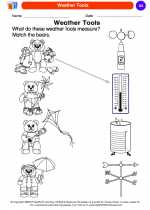
 Coloring Worksheet
Coloring Worksheet